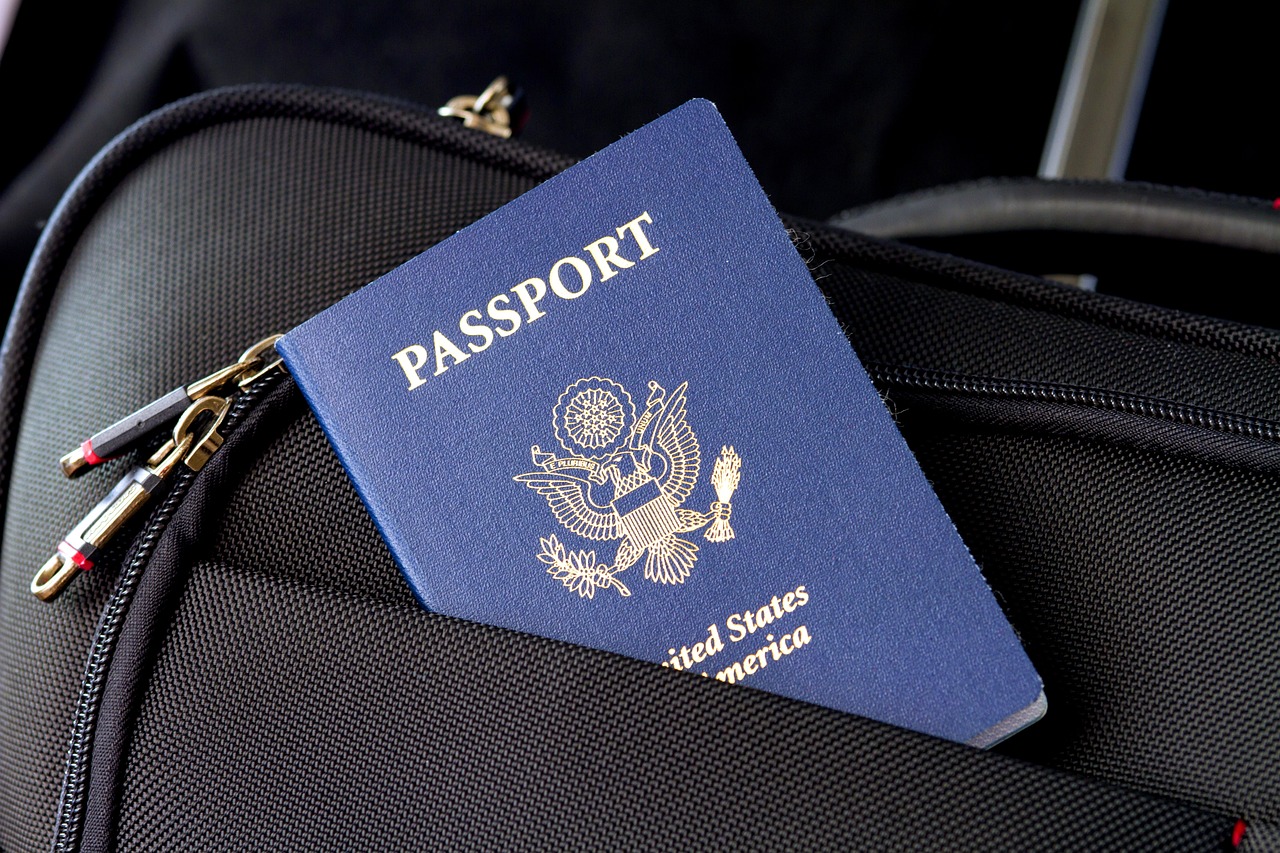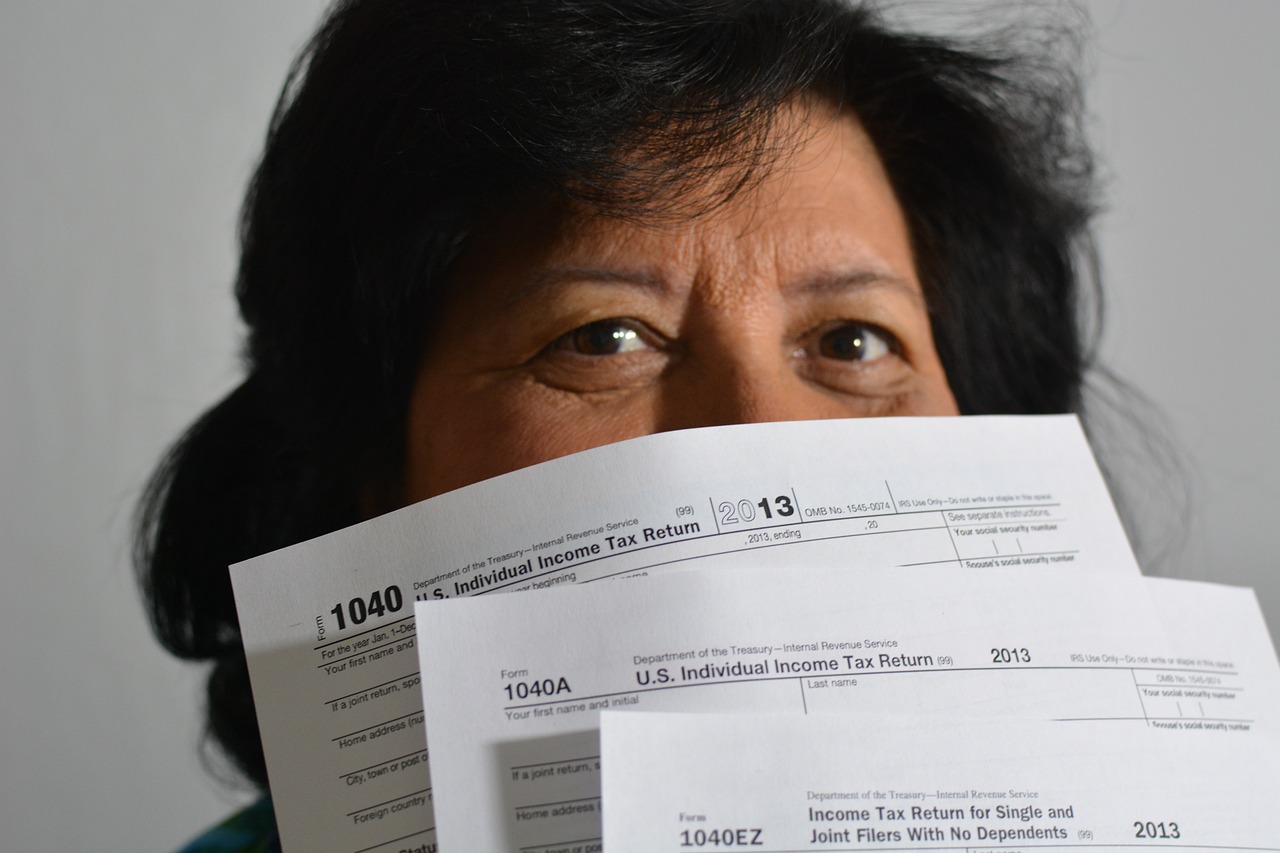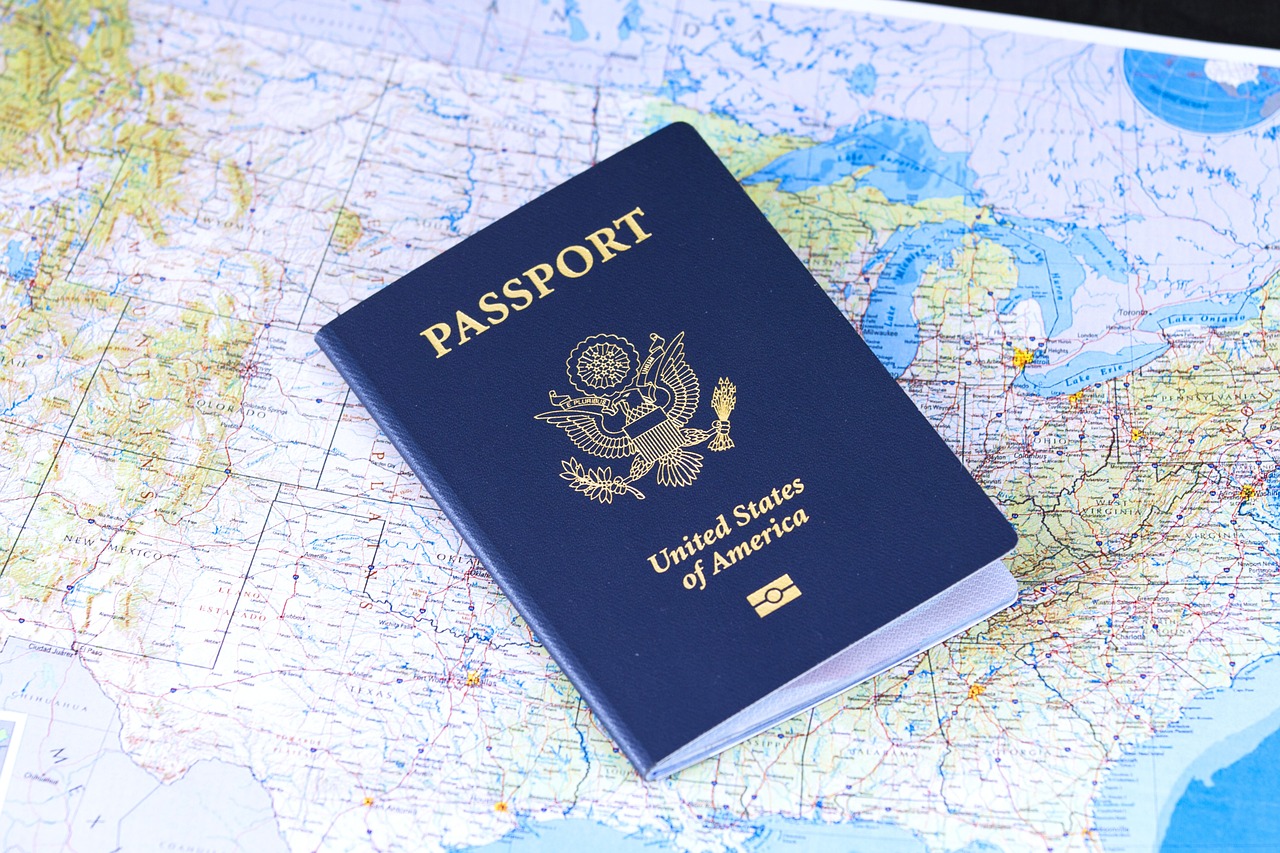Have you ever wondered what exactly visa processing fees are? When you apply for a visa, you may have noticed a certain amount that needs to be paid alongside your application. These fees cover the administrative costs involved in processing your visa application. In this article, we will explore the ins and outs of visa processing fees, shedding light on their purpose and how they contribute to the overall visa application process. So, whether you’re planning a future trip abroad or simply curious about the fees associated with visas, read on to uncover all you need to know about visa processing fees.
What Are Visa Processing Fees?

This image is property of pixabay.com.
Definition of Visa Processing Fees
Visa processing fees are the charges imposed by governments or visa service providers to process visa applications. When you plan to travel abroad, especially to a country that requires a visa, you will need to pay a fee for your visa application to be reviewed and processed. These fees cover the administrative costs associated with assessing and approving visa applications.
Purpose of Visa Processing Fees
The primary purpose of visa processing fees is to cover the expenses related to the administrative functions involved in processing visa applications. These fees go towards the salaries of visa officers, infrastructure costs, and other necessary resources required to review and process visa applications. Visa processing fees also help to deter frivolous visa applications and maintain the integrity of the visa system.
Types of Visa Processing Fees
Visa processing fees can vary depending on the country you are applying to and the type of visa you need. Different countries may have different fee structures, but the most common types of visa processing fees include:
-
Application Fee: This fee is a standard charge for submitting a visa application. It covers the initial processing and administrative costs.
-
Service Fee: Some countries or visa service providers charge an additional service fee for assisting applicants throughout the visa application process. This fee is separate from the application fee and covers the extra services provided, such as application form assistance or document preparation.
-
Expedited Processing Fee: If you require urgent processing of your visa application, you may have the option to pay an expedited processing fee. This fee allows for faster processing and is often available for emergency or business travel situations.
Factors Affecting Visa Processing Fees
Several factors can influence the visa processing fees you need to pay. These factors may vary from country to country, but some common ones include:
-
Visa Type: The type of visa you are applying for can significantly impact the processing fee. Some visa categories require more in-depth background checks and scrutiny, which may result in higher fees.
-
Nationality: The country you are applying from can also influence the visa processing fees. Some countries have reciprocal arrangements, where they charge similar fees to what their citizens might pay for a visa to your home country.
-
Processing Time: The processing time for your visa application can affect the fees you need to pay. Expedited processing usually incurs higher fees as it requires additional resources to prioritize your application.

This image is property of pixabay.com.
Difference Between Visa Fees and Visa Processing Fees
It is essential to understand the distinction between visa fees and visa processing fees. Visa fees refer to the charges levied by the governments for granting a visa. These fees often vary depending on the type and duration of the visa. On the other hand, visa processing fees cover the administrative costs associated with reviewing and processing visa applications, regardless of whether the visa is granted or not.
How to Pay Visa Processing Fees
The payment methods for visa processing fees may vary depending on the country you are applying to. The most common payment methods include:
-
Online Payment: Many countries now provide online platforms where applicants can pay their visa processing fees securely using credit cards, debit cards, or online banking systems. This method is convenient and saves time, as you can make the payment from the comfort of your own home.
-
Bank Transfer: Some countries or visa service providers may require applicants to make a bank transfer for the payment of visa processing fees. In such cases, you will need the necessary bank details to initiate the transfer.
-
Cash Payment: In some instances, applicants may need to pay visa processing fees in cash. This usually occurs when applying in person at an embassy or consulate. It is important to have the exact amount of cash available, as change may not be provided.

This image is property of pixabay.com.
Refunds and Cancellations of Visa Processing Fees
Refunds and cancellations of visa processing fees depend on the specific policies of the country or visa service provider. In general, visa processing fees are non-refundable, even if your visa application is rejected. This is because the fees cover the administrative costs incurred in processing your application, regardless of the outcome. However, there may be exceptions or provisions for refunds in certain circumstances, such as visa denials due to errors on the part of the embassy or consulate.
Common Misconceptions About Visa Processing Fees
There are a few common misconceptions surrounding visa processing fees that it is important to clarify:
-
Visa processing fees are a guarantee of visa approval: Paying the visa processing fees does not guarantee that your visa application will be approved. The fees cover the administrative costs of processing your application but do not influence the final decision.
-
Visa processing fees are only charged by government entities: While governments typically charge visa processing fees, there are also private companies and visa service providers that may levy additional fees for their services. It is essential to understand the breakdown of the fees and verify their legitimacy before making any payments.
Tips to Minimize Visa Processing Fees
Although visa processing fees are mandatory, there are a few tips that can help you minimize these costs:
-
Apply in advance: Some countries offer discounted visa processing fees for applicants who apply well in advance of their intended travel dates. By planning ahead and submitting your application early, you may be able to take advantage of lower fees.
-
Review the visa requirements: Before submitting your application, thoroughly review the visa requirements and guidelines provided by the embassy or consulate. Incomplete or inaccurate applications may result in additional fees, delays, or even visa rejections.
-
Follow the instructions carefully: Ensure that you follow all the instructions provided by the visa authorities or visa service providers. Any deviations from the guidelines could lead to processing delays or additional fees.
Conclusion
In conclusion, visa processing fees are charges imposed for the administrative costs associated with reviewing and processing visa applications. These fees are essential for maintaining the efficiency and integrity of the visa system. Understanding the different types of fees, payment methods, and factors influencing the fees can help you navigate the visa application process smoothly. By following the tips mentioned and being aware of common misconceptions, you can minimize visa processing fees and increase your chances of a successful visa application. Remember to always carefully review the requirements and guidelines provided by the relevant authorities to ensure a seamless visa application process.

